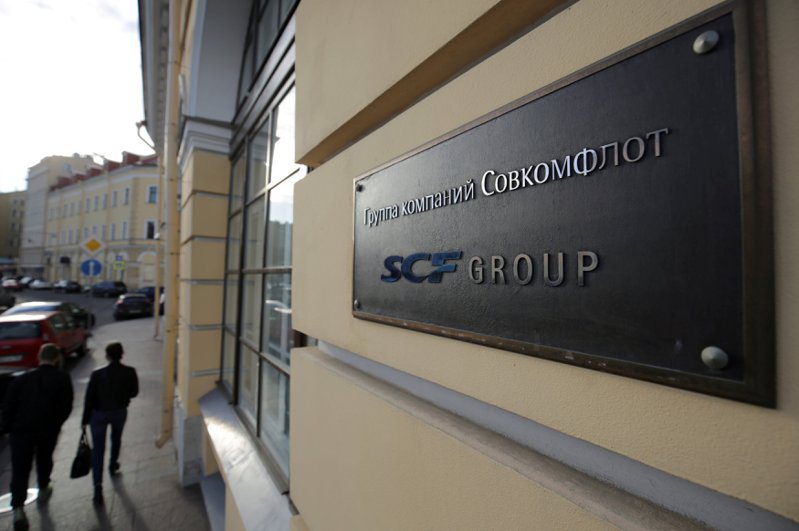 NRA Executives Found Liable in Civil Corruption Trial, Ordered to Repay $6.35m
NRA Executives Found Liable in Civil Corruption Trial, Ordered to Repay $6.35m
In a landmark decision, the National Rifle Association (NRA) and two of its top executives have been found guilty in a civil corruption trial and ordered to repay $6.35 million. The verdict comes after a New York jury determined that former leader Wayne LaPierre’s extravagant spending on himself cost the gun rights group millions of dollars. New York Attorney General Letitia James accused the NRA and LaPierre of violating state laws, leading to this historic judgment.
The trial has been closely watched by both supporters and critics of the NRA, as it has shed light on alleged financial mismanagement within the organization. LaPierre, who had been the NRA chief executive for over three decades, stepped down from his position just before the trial began. The jury’s findings revealed that LaPierre was responsible for costing the group a total of $5.4 million, out of which he has already repaid slightly over $1 million. He is now required to pay back an additional $4.35 million.
Former NRA finance chief Wilson “Woody” Phillips and general counsel John Frazer, along with the NRA itself, were also implicated in the trial as co-defendants. Phillips was ordered to repay $2 million for his involvement in the financial misconduct. However, Frazer was found not guilty of financially harming the organization, and the jury did not impose any repayment obligations on him. The NRA, in its response to the verdict, emphasized that it had been victimized by former vendors and insiders who had abused their trust. It also highlighted that there were no financial penalties imposed, and Frazer, the only remaining defendant still working at the NRA, was not removed from his position.
Both supporters and critics of the NRA have closely followed this trial, viewing it as an opportunity to scrutinize the organization’s financial practices. New York Attorney General Letitia James, who originally sought to dissolve the NRA entirely with her lawsuit in 2020, expressed satisfaction with the verdict, stating that LaPierre and the NRA were “finally being held accountable for this rampant corruption and self-dealing.” However, the judge overseeing the trial did not grant James’ request to dissolve the NRA.
Throughout the six-week trial, prosecutors presented evidence of specific expenses that they claimed demonstrated how LaPierre and other executives had treated NRA funds as their “personal piggy bank.” For instance, LaPierre took more than eight trips to the Bahamas using private planes paid for by the NRA, amounting to a total cost of $500,000. Other examples included helicopter trips taken to car races to avoid traffic, landscaping and anti-mosquito treatments at LaPierre’s home, and indulgent gifts for friends and family. There were also expenses for hair and makeup styling for LaPierre’s wife.
The next step in this legal saga involves the judge determining whether independent monitors and experts will be appointed to oversee the NRA’s charitable assets and administration. As a non-profit organization incorporated in New York City, the NRA falls under the jurisdiction of the attorney general’s Charities Bureau, which is responsible for its oversight.
Founded in 1871 with the aim of promoting rifle shooting as a recreational activity, the NRA has grown to become one of the most powerful political organizations in the United States. This trial and its subsequent verdict have brought attention to issues of financial mismanagement within the NRA, prompting debates about the organization’s future and its role in American politics.

